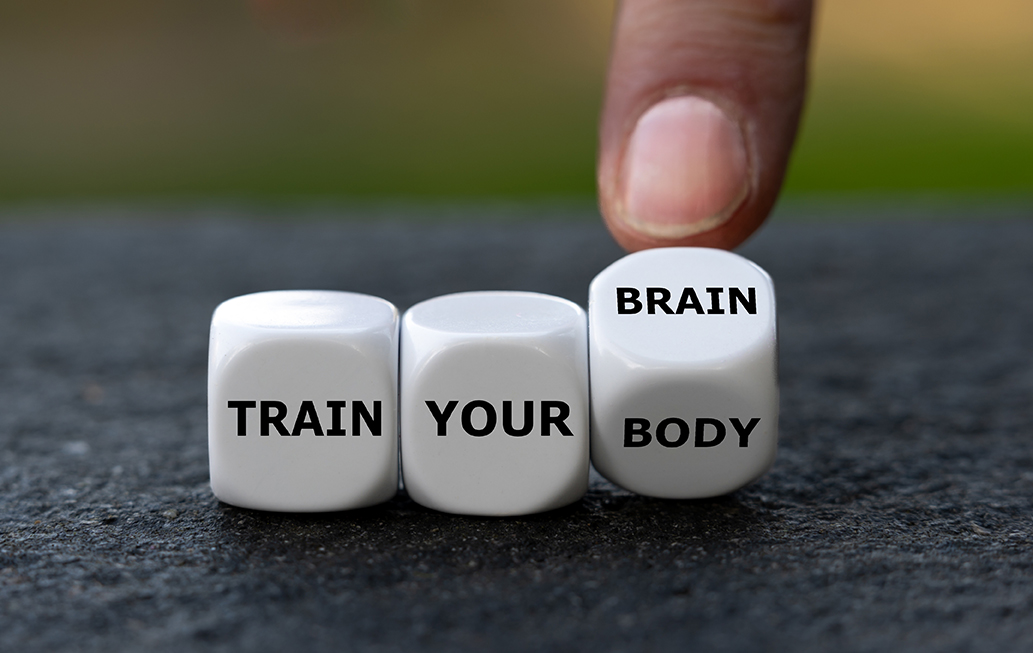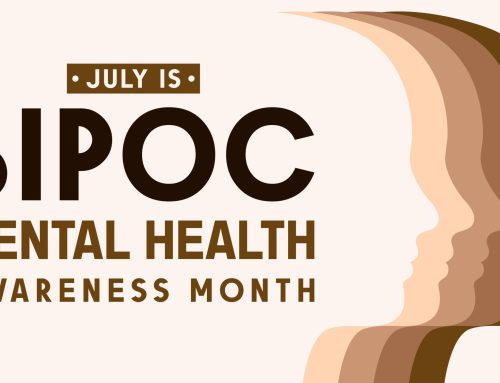We talk a lot about mental health awareness; we emphasize the importance of destigmatizing mental illness and how to support employees and loved ones who live with mental health problems. But it’s just as important, if not more so, to focus on complete mental wellness.
What’s the difference? Mental wellness is more than just the absence of illness. Just because you don’t struggle with a mental health condition like depression or OCD doesn’t mean that you’re mentally well. Just like physical wellness, mental wellness comes on a spectrum from very ill to optimum health.
To be truly well, it’s important to integrate both physical and mental health. You might think of these two spheres of health as separate entities, but they’re a lot more related than you might think. Physical health deeply affects mental health, and vice versa.
In today’s blog, we’ll talk about the importance of integrating physical and mental health and how your employee assistance program may be able to help.
How is physical and mental health connected?
Physical and mental health have a bidirectional relationship, which means that each affects the other. Mental health problems can make physical health problems worse and vice versa, which can get you locked in a vicious cycle if you live with both.
For example, people with depression and other mental illnesses are much more likely to live with chronic health conditions like chronic pain and cardiovascular disease. This link is bi-fold: living with depression can increase stress, which heightens your risk of developing a chronic physical health condition. But living with things like chronic pain can also worsen depression because of its impact on quality of life.
This connection between physical and mental health can at least partly be explained by the intricate network of neurotransmitters, hormones, and other biochemical substances in your body (especially in your brain and nervous system). For example, neurotransmitters like serotonin and dopamine, which are typically associated with mood regulation, also play a role in different physiological processes like gastrointestinal function and your immune system.
But these important neurotransmitters don’t only exist in the brain – many, including serotonin, have been found to primarily be created in the gut and intestines. This has led researchers to study what they call the “brain-gut axis” – how your digestive health affects your mental health.
We can also look at behaviors that are associated with certain mental illnesses. For example, people who live with mental health conditions like schizophrenia are more likely to be smokers. It may also be more difficult for people who live with mental illness to maintain healthy lifestyle habits like getting enough restful sleep, exercising, and staying connected to friends and family. All of these habits have been found to have a significant impact on both mental and physical health.
Every year, we learn more and more about the exact mechanisms that link mental and physical health. But we already have a large body of evidence showing that the two are deeply intertwined. To reach mental wellness, you need to look at your physical health, and vice versa.
How can I improve my physical and mental health?
Luckily, there are habits that you can implement – and stay away from – that will improve both your physical and mental health. This will take you further along on the spectrum of complete wellness.
Physical activity
Getting regular physical exercise is one of the best things you can do for both your physical and mental health.
As you move, your body releases endorphins – neurotransmitters that lift your mood, promote feelings of happiness, and reduce stress. On the physical front, exercise enhances cardiovascular health, strengthens muscles, and improves flexibility, which contributes to overall fitness. On top of that, the mental focus required during exercise serves as a form of mindfulness, which can help calm the mind and alleviate anxiety.
Best of all, studies show that it doesn’t take much – although the CDC recommends getting 2.5 hours of moderate exercise a week, one study found that people who got even half that amount were still less likely to be depressed.
Manage your stress
Chronic stress is one of the worst things for both your physical and mental health. Although short bursts of stress can help you focus and give you more energy, your body isn’t designed to be under an activated stress response for long periods. Extended stress can put you at higher risk of a wide range of physical and mental ailments, including depression, anxiety, high blood pressure, digestive problems, and more.
Find ways to intentionally relax your body and mind. One way you can do this is through progressive muscle relaxation, an evidence-based method. Mindfulness-based stress reduction techniques can also help. Relaxation doesn’t have to mean taking a spa day – it’s just about finding ways to deactivate your body’s responses and live in a more peaceful state.
Social connection
Your friends and family make you emotionally happy – but did you know that they also improve your physical health, too? Research shows that being socially connected improves your longevity, and also makes you 50% more likely to survive serious illness. Less lonely people are also less likely to develop health conditions like depression, heart disease, dementia, and more.
Social connection is determined not only by the number of people around you but by the quality of those relationships. Look around at your closest relationships and consider: do you feel loved, valued, and cared for in these relationships? Do you have a place where you feel you belong? Do the social exchanges feel meaningful to you?
If not, make it a top priority this year to improve and strengthen your relationships. If you’re feeling lonely and unsure of where to start working on this area of your life, talking to a mental health counselor can help.
MINES’ employee assistance program (EAP) provides a wide range of services to help you improve both your physical and mental health. On top of 24/7 counseling services, we provide smoking cessation support, stress management counseling, peer-to-peer support, and more.
Happy New Year from all of us at MINES!
To your wellbeing (both physical and mental),
The MINES Team












Leave A Comment